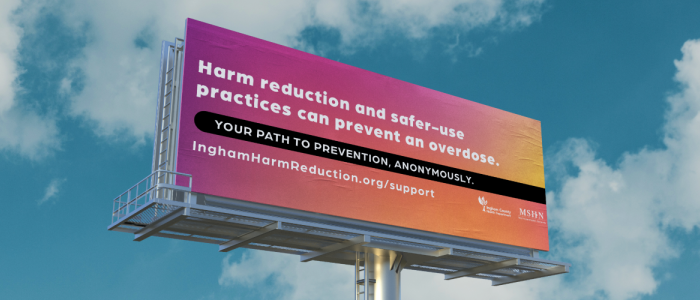
I was chatting with an attorney friend about a complicated and nuanced legal case playing out in the press. Neither of us are involved in it and we’re both outsiders looking in, so we were able to have – for once – an authentic and open conversation about what we were seeing. It was something that felt like a rarity for a lawyer and PR counselor, often mortal enemies in a board room when controversy has erupted.
During that conversation, my friend asked – with a genuine desire to understand – how PR people handle it when our clients ask us to say something. Do we just say what they tell us to? Do we trust them at their word? Do we take what we’re given, polish it up and push it out?
And he seemed a little surprised when I said I imagine we both require similar evidence before we’re willing to lock something into testimony – whether that’s in a courtroom or in the court of public opinion.
“I’d want to see the email chain, financial documentation, legal documents, anything in writing – and I’d want to know anything that’s not in writing.”
Before I’m willing to put my reputation on the line, I need to feel damn certain what I’m sharing with the public is the truth.
While an attorney may be bound to put forth the best defense possible regardless of what their gut or the evidence may say, I am under no such obligation.
Nor is it my role to simply make a client look good.
The PRSA Code of Ethics is complex, but two of its key values are honesty and fairness. If I don’t believe something to be true, I’m ethically bound to tell the truth if I know it or walk away, preferably both.
Which is why the notion of “spin” in PR galls me so much.
My favorite definition I ever heard of public relations is that PR is the conscience of an organization. It’s our role to represent the voice of our publics. To speak truth to power. To advocate (another value within our ethical code) for others.
Spin is not ethical public relations.
Yet it’s such a common perception because anyone can say they’re in PR. There are no consequences for violating the code of ethics, and in a highly competitive industry where budgets are tight and talent tighter, the moral compass of our profession can feel like it’s spinning out of control at times.
My attorney friend can get disbarred if he crosses a line. In some PR circles, crossing lines is exactly what gets you access to the highest levels of power these days.
Many definitions of spin indicate it’s a form of propaganda. And propaganda and PR are not synonymous.
As a PR counselor, my integrity is one of my most valuable assets. But while anyone with access to a microphone can spew falsehoods without consequence and call it PR, spin will continue to be tied to our titles. Simply by being in PR, my integrity will be questioned.
It’s fucked up, and it doesn’t feel like there’s a lot we can do about it. Support quality journalism. Amplify ethical voices. Call out falsehoods. Point out when a person calling themselves a PR practitioner isn’t behaving ethically.
And refuse to be lowered to the levels of spin to compete.
I’ll be damned if I know how to fix it. I’ll continue to follow my code and my conscience, but also to educate because for every attorney, CEO, politician and marketer who better understands the true role of public relations, we get one step closer to stopping spin.



